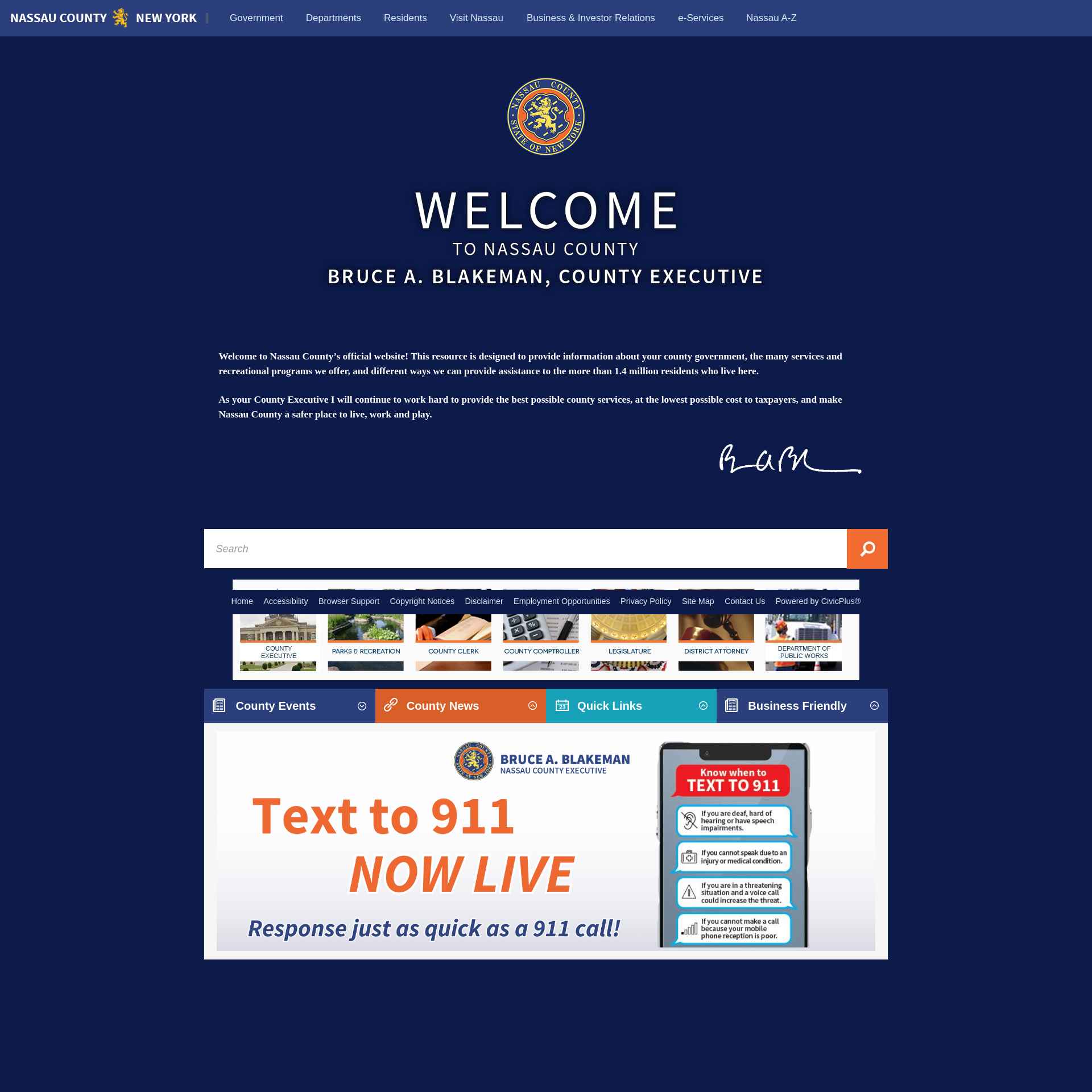Expiration of Accreditation for Hillcrest Family Services
Changes Ahead for Hillcrest Family Services: What Families Need to Know About Accreditation Expiration
The world of adoption can be complex, marked by regulations and protocols that ensure the safety and integrity of the process. Recently, significant news came from the Center for Excellence in Adoption Services (CEAS), which has informed the Department of State that Hillcrest Family Services has not renewed its accreditation for intercountry adoption services. Consequently, as of October 16, 2024, Hillcrest Family Services can no longer facilitate intercountry adoptions.
This news can understandably raise concerns among families currently in the adoption process or those relying on Hillcrest Family Services for assistance. Accreditation is crucial in the realm of adoption, as it serves to establish whether an agency meets specific standards required by the federal government. These standards are set to ensure that all involved parties—adopting families, birth families, and the children—are treated ethically and with the utmost care during the adoption process.
What Does Accreditation Expiration Mean?
So, what exactly does it mean for an agency to lose its accreditation? According to federal regulations, agencies or individuals that are not accredited or approved are prohibited from providing adoption services. The regulations stipulate that they may only operate under the oversight of an accredited agency or if they fall under an exempted category. This means that Hillcrest Family Services, having allowed its accreditation to lapse, can no longer assist families in adoption-related matters without becoming compliant with these rules.
For families currently working with Hillcrest, it’s essential to know that the agency bears the responsibility for finalizing any ongoing intercountry adoption cases. Before the expiration of its accreditation, Hillcrest must ensure a proper transition—this includes finalizing adoptions in progress and transferring any pending cases or record documentation to a compliant provider. This is outlined under the provisions of 22 CFR 96.63(a).
What Should Families Do Next?
Families who are in the middle of the adoption process or who have concerns about their cases should reach out to Hillcrest Family Services directly to clarify the status of their adoption cases and to find out how their records will be managed going forward. It’s vital for all parties involved to have clear communication during this period of transition, as unanswered questions can lead to further anxiety and uncertainty.
While the Department of State plays a limited role in overseeing the transfer of cases, they maintain communication with competent adoption authorities regarding the status of agencies. Families should be proactive and informed by reviewing case-transfer protocols. The Department of State’s website offers useful resources, including guidelines on case transfer responsibilities and directions for what to do if your agency is no longer accredited or approved, as detailed on the USCIS website.
Post-Adoption Reporting: Don't Forget the Obligations
Another important aspect to consider is post-adoption reporting. For families who have already adopted but may still have outstanding reports due, it’s advisable to contact their Adoption Service Provider (ASP) for guidance. Each country has its own reporting requirements, including the frequency of submissions and the specific information that should be provided. Detailed information on these requirements can be found on the PLACEHOLDER90406d03e4 along with PLACEHOLDER2d2b14d236.
In a world where adoptions can be fraught with challenges, it’s essential for families to stay informed and proactive. Understanding the implications of an agency’s accreditation status helps ensure that all parties can navigate the adoption process without unnecessary complications. As we await further developments from Hillcrest Family Services, staying connected with accurate information and maintaining open lines of communication will be crucial for all affected families.






